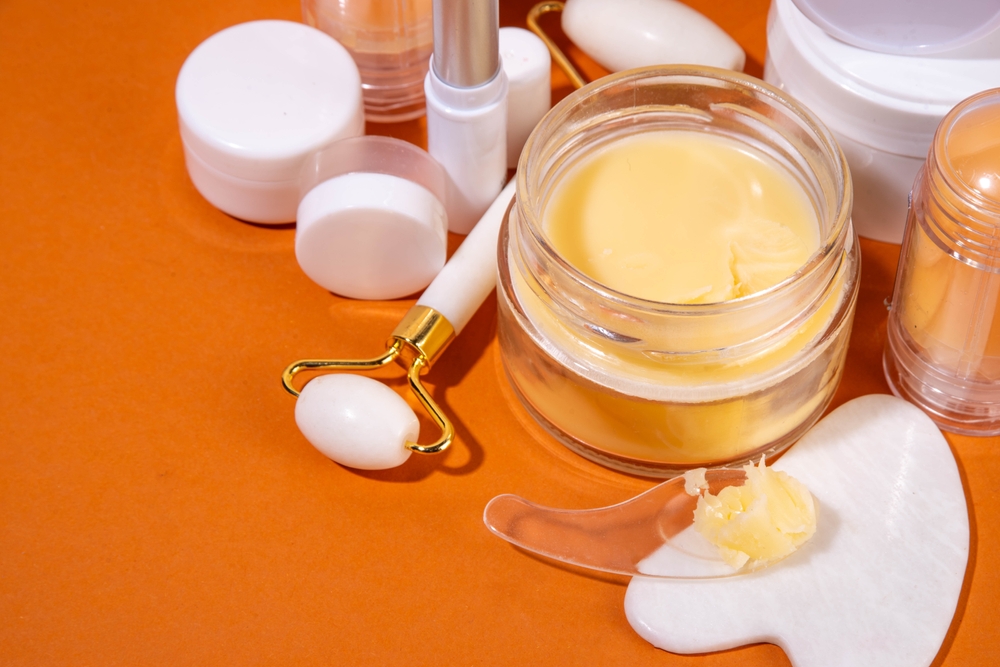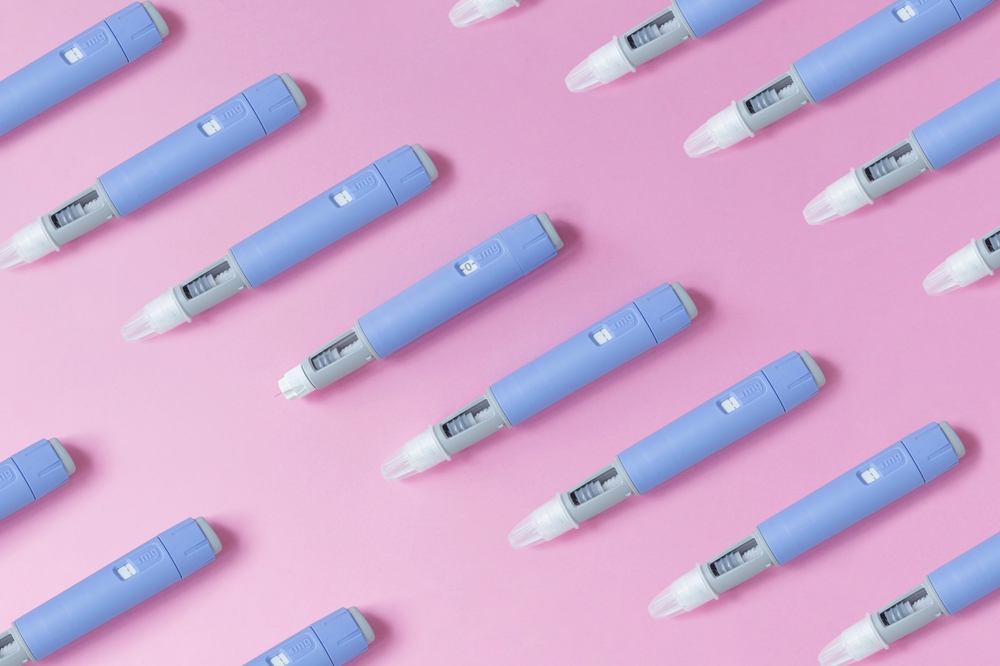Search data analysed by Fresha found that online interest surrounding beef tallow is increasing by 326% yearly, with over 111,000 monthly searches recorded in August 2025. The substance is now trending on social media for its skincare benefits, with consumers promoting beef tallow’s hydrating and acne-fighting properties.
Why is beef tallow trending on social media for skincare?
The once traditional household remedy is experiencing a modern revival in skincare routines. Alongside many aesthetic trends, the rise of curiosity about beef tallow has been boosted by social media, the growth of natural beauty movements, and consumers seeking alternatives to lab-made ingredients.
“Beef tallow’s virality is driven by a social shift towards ‘ancestral’ and minimalist skincare, particularly among younger users who crave traditional, single-ingredient solutions and question synthetic chemicals, which is an ethos amplified by TikTok and clean beauty advocates. People are not only skeptical of modern formulations but also fascinated by heritage hacks that promise a pared-back approach to skin health,” explains co-founder FaceRestoration, Dr Rachna Murthy.
“Ancestral living influencers promote beef tallow as a natural, nutrient-rich alternative to conventional moisturisers. Social media often amplifies such trends, especially when scientific evidence is limited,” adds Dr Sina Ghadiri, consultant dermatologist and founder of Sinaesthetics.
Should patients slather beef tallow on their skin?
Consumers and influencers on social media promote the use of beef tallow products to achieve clear, glowing skin, with celebrities such as Khloe Kardashian advocating for beef tallow’s hydrating benefits.
“Slathering beef tallow on the skin might appeal to those with very dry, resilient skin, but it’s not without pitfalls. The occlusive fat can clog pores, risk irritation, and lacks the precision or clinical safety testing seen in advanced formulations. While it may form a protective barrier, most dermatologists remain cautious, especially for sensitive or acne-prone individuals,” shares Dr Murthy.
“Beef tallow is prominently comedogenic and may clog pores, leading to breakouts -especially on the face. On the body, it may be less risky but still not ideal compared to safer, proven emollients.”
What are the benefits of beef tallow in skincare?
“Beef tallow contains fatty acids like stearic and oleic acid that can mimic some components of the skin’s natural barrier- and indeed other emollients often incorporate fatty acids in their formulation too. This may help with dryness or rough patches in limited cases. However, there’s no robust evidence that it treats any specific skin condition better than established moisturisers,” explains Dr Ghadiri.
What are the risks of using beef tallow on the skin?
“The biggest risks are pore blockage (comedogenicity), triggering of breakouts, especially in oilier skins, potential for allergies, and unpredictable reactions. The lack of rigorous clinical testing means outcomes are uncertain, especially for those with underlying skin concerns like acne or rosacea. There’s also a pronounced greasy residue, which can trap environmental bacteria, increase sun sensitivity, and complicate daily routines,” shares Dr Murthy.
“Since it’s animal-derived, contamination and rancidity are also concerns if not processed properly. Unlike medical-grade ingredients, it lacks standardisation and rigorous safety testing,” adds Dr Ghadri.
What alternatives would you recommend to clients and patients?
“I would recommend clinically tested, microbiome-supportive moisturiser products, based on well-studied lipids (ceramides, squalane, oat, and certain plant butters), formulated with the right pH and evidence to reduce inflammation, support skin diversity, and enhance barrier function. We focus on proven, bio-identical lipids and postbiotic-rich actives tailored to individual skin needs,” said Dr Murthy.
“For dry or sensitive skin, I generally recommend fragrance-free moisturisers containing ceramides, glycerine, shea butter, or squalane. These are evidence-backed, non-comedogenic, and reliably formulated,” adds Dr Ghadri.
What considerations should be made surrounding animal-derived ingredients in skincare?
“Ethical, allergenic, and sustainability concerns are paramount. Some clients seek vegan, cruelty-free solutions; others have religious or dietary restrictions. Even from a wellness standpoint, animal-derived formulas can provoke more reactions and complicate patch testing. Ingredient transparency and cruelty-free testing should be a baseline for conscious brands,” shares Dr Murthy.
“From a medical standpoint, animal-derived ingredients also pose higher risks of contamination and variability compared to lab-formulated actives,” argues Dr Ghadri.
Do you think this trend is part of the rising interest in regeneratives?
“Compared to beef tallow, the polynucleotide trend has a growing evidence base behind its use both in topical skincare and clinic-based treatments; different sets of influencers and consumers are behind both trends,” explains Dr Ghadri.
“The social interest in tallow parallels regenerative ingredient trends like salmon sperm DNA, which promise cellular repair and anti-ageing by mimicking or supplementing the body’s own biochemistry. Both trends reflect a consumer drive for ‘bio-hacking’ the skin’s environment, but robust clinical validation varies greatly, and medical-grade approaches still hold the highest confidence for predictable outcomes,” adds Dr Murthy.
Are there skin benefits to ingesting beef tallow?
“The evidence surrounding ingesting beef tallow specifically for skin is lacking. While dietary fats and fat-soluble vitamins are important for cell health, unregulated consumption of animal fats can increase risks elsewhere in the body, without a guaranteed direct benefit to the skin. A balanced, plant-and-seafood-rich diet, with tailored supplementation where tested deficiencies exist, is safer and more scientifically robust,”shares Dr Murthy.
“For skin benefits, generally omega-3 rich foods like salmon, walnuts, and flaxseed are more than adequate and far better supported by evidence, I would not advocate overconsumption of beef tallow for skin impairment or optimisation,” adds Dr Ghadri.
Conclusion
Despite the popularity on social media surrounding ancestral and minimalist skincare, the research behind beef tallow’s efficacy is not convincing. Whilst beef tallow has hydrating properties which could be beneficial for some patients, the greasy residue can worsen skin conditions and clog pores. Other tried and tested products, such as clinically tested, microbiome-supportive moisturiser products, are considered more suitable to hydrate the skin without clogging pores or worsening skin conditions.
You might also like to read… What is Hypochlorous acid and how is it used in skincare?


.JPG)
